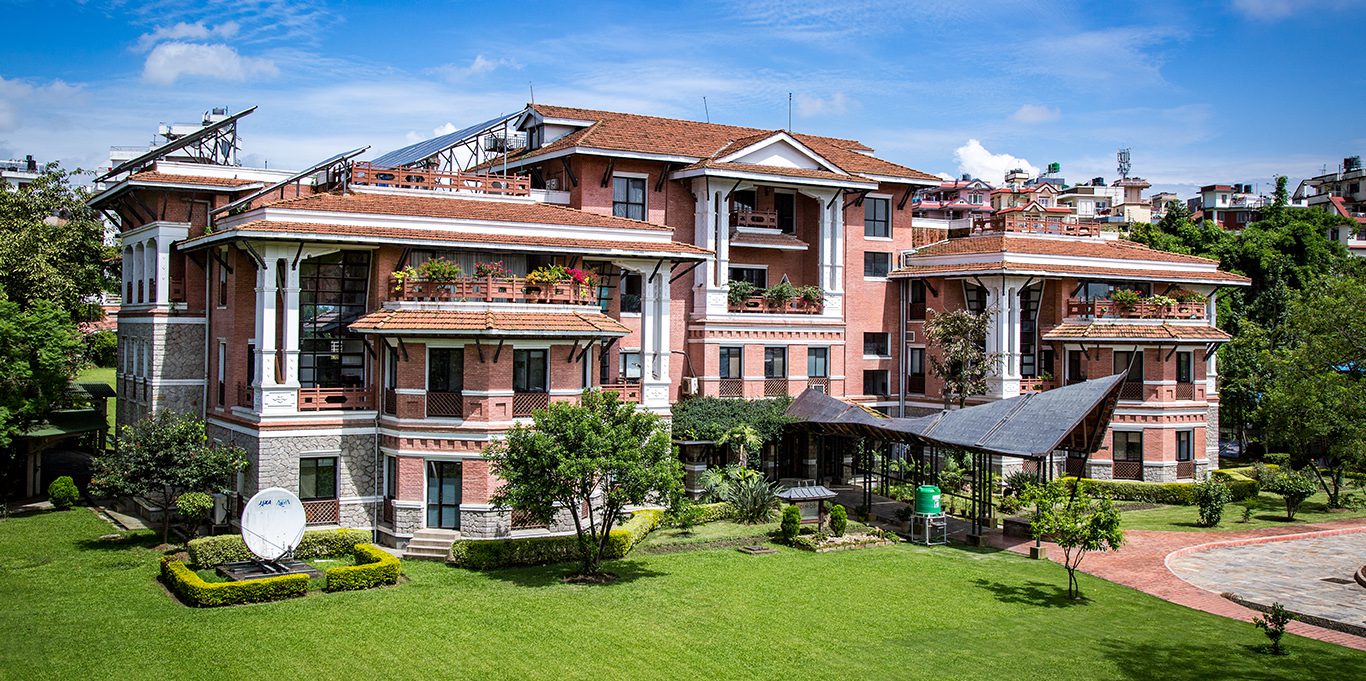The International Centre for Integrated Mountain Development (ICIMOD) is a regional intergovernmental organization that plays a crucial role in fostering sustainable development and environmental conservation in the Hindu Kush Himalayas. Established in 1983, ICIMOD works with eight member countries—Afghanistan, Bangladesh, Bhutan, China, India, Myanmar, Nepal, and Pakistan—focusing on transboundary cooperation, research, and innovative practices.
Headquartered in Kathmandu, Nepal, ICIMOD’s mission is to assist mountain people in achieving equitable and sustainable livelihoods by addressing environmental, economic, and social challenges unique to the Himalayan region. One of its key areas of focus is climate change adaptation, as the Himalayan glaciers, often referred to as the "Water Towers of Asia," are under severe threat from rising global temperatures.
ICIMOD also works extensively on disaster risk reduction, watershed management, and biodiversity conservation. Through initiatives such as the SERVIR-HKH program, it provides satellite-based Earth observation data to improve disaster management and planning. Additionally, ICIMOD promotes regional cooperation in managing shared ecosystems and supports communities in sustainable practices like organic farming, forest management, and ecotourism.
With over four decades of experience, ICIMOD remains a critical player in shaping policies, driving innovation, and promoting knowledge-sharing across its member countries. Its commitment to protecting the fragile Himalayan ecosystems and empowering local communities ensures that it remains a key institution in the global fight against climate change and environmental degradation.